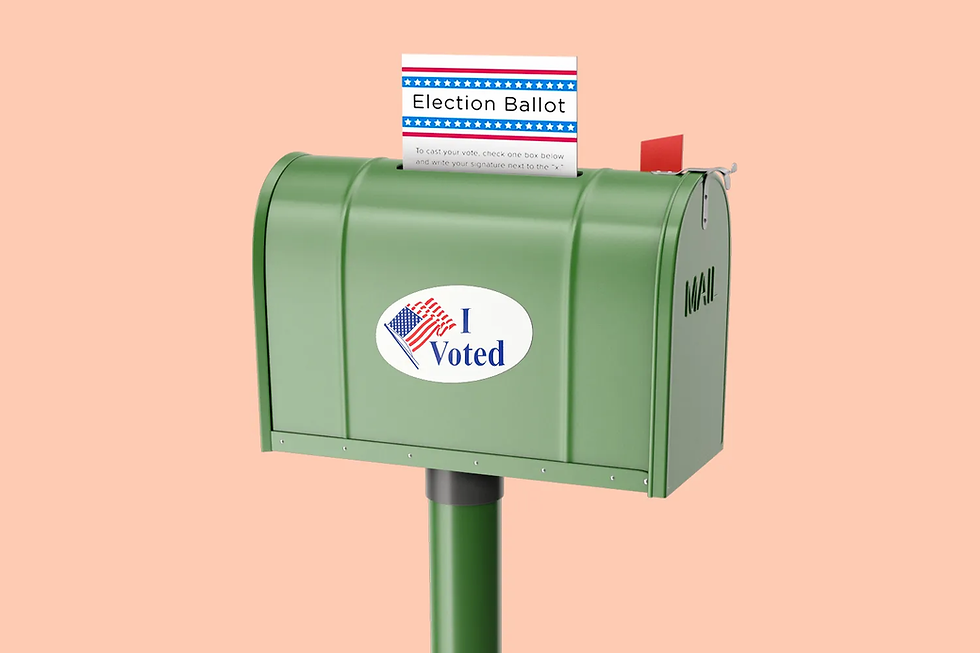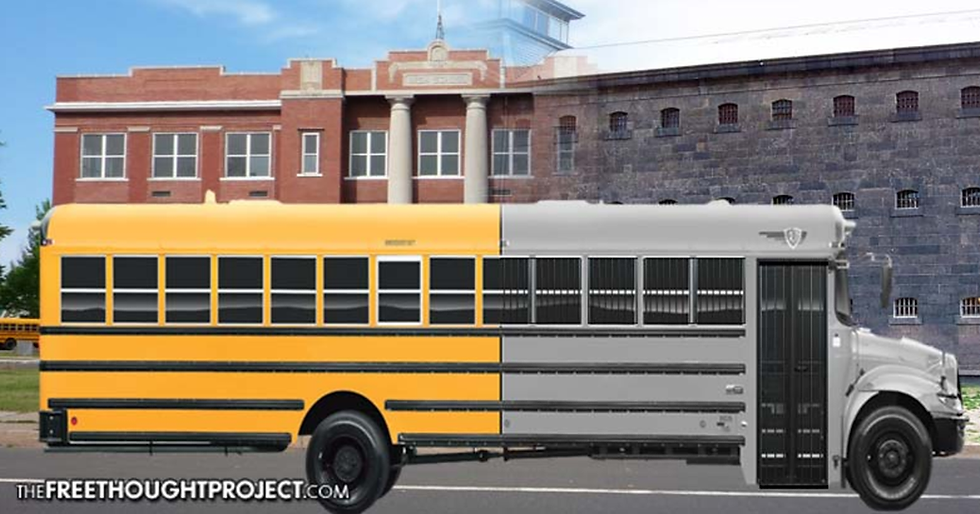The Many Life-Threatening Problems with For-Profit Prisons
- Editorial Team

- Sep 14, 2020
- 5 min read

Prisons and jails, in theory, are created to house anyone that commits a crime. Their time in jail serves as their punishment and then they are released after their sentence is up. For minor crimes committed, less harsh punishments include paying fines, doing community service, etc. Over time though, this system became warped and money became more important than human lives as prisons started becoming privatized.
My last post on this website was all about the creation of the prison system in the United States and the early days of it. I will not go into too much of that detail today, but that history is important to understand before reading this post. A quick refresher though: before the American Revolution, there was no large scale system for imprisoning criminals, most people committing crimes either paid a fine or suffered somewhat of a public humiliation (i.e. the stocks).
In the late 1700s, the Quakers actually helped set up more of this idea of our modern prisons. These sorts of prisons sprung up throughout the early 1800s, but a boom began after slavery was abolished in 1865. The South had millions of Black people who were now freed but their economy relied on slave labor so they had to find a way to exploit that labor once again. A clause in the 13th Amendment allowed slavery as a punishment for a crime so if someone committed a crime, they could essentially be used as slave labor once again. This began the exploitation of prison labor for profit.
The use of prison labor has been going on in the US for over a hundred years and it is seemingly fine with the majority of the country. But as this was growing, people took notice of the potential financial gain to prisons. Prison labor is basically free so if a private company could take control of a prison, they can exploit the slave labor from the inmates in order to make insane profits.
By privatizing a prison, you are allowing an outside company to do whatever they want to make as much money as possible. Their sole goal is to make money, so the more people in prison, the more money they make. This is a massive problem because they gain to benefit from people going to jail. Because of this, they lobby Congress to pass laws that make it easier for people to go to jail.
In 2016, the Obama Administration started to take steps to get rid of private prisons citing their ineffectiveness and failure to save money. Prison populations began to drop for a short time until Attorney General, Jeff Sessions, reversed this decision in 2017. Prison populations began to rise again after this.
There are countless problems and issues with private prisons but the main rebuttal people have is that they actually save money. There have been many studies that prove there is no real cost savings with private prisons. These studies have been done on a national level and state level. There is no evidence that private prisons are more cost effective. In fact, one study found that private prisons sometimes cost more than public prisons per year.
One major issue with these prisons is safety. These prisons hire less guards, pay them less than public prisons do, and train them less as well. This means that the guards themselves are less capable to do their jobs and there are fewer of them in the first place. With fewer guards that are less trained, this inevitably leads to safety concerns within the prisons. The Justice Department found that private prisons had a 28 percent higher rate of inmate-on-inmate assaults and more than twice as many inmate-on-staff assaults, as well as twice as many illicit weapons than comparable federal facilities. Private prisons are simply more dangerous at the end of the day.
Along with not being as safe, private prisons are often times not offering proper medical care to their patients. One man lost both of his legs from gangrene in a Louisiana prison after begging for months for medical care. Some prisons even go long periods of times without a doctor on scene. These private prisons, according to their contracts, have to pay for any outside medical care to the prisoners so they are often reluctant to send them to get the care they need. Another man, also in Louisiana, went on hunger strikes often to demand mental health services. He ended up committing suicide. He weighed on 71 pounds when he died.
It is clear that these prisons do not care about the well-being of the inmates. Their only concern is with making money. Because of this, they will often times use their inmates as prison labor. They call it “job opportunities” but it is really just slave labor so the prison can make more money. And the more prisons they have, the more money they can make, so they do everything in their power to fill their beds. The prisons also only really have to pay them cents on the dollar and they are able to create enormous profits because of this. Many major companies in the US will use prison labor as a cost cutting method to their business models. The private prisons happily indulge and sell out their prison labor to create profits.
Companies in the US that use prison labor include:
· Whole Foods
· McDonald’s
· Wendy’s
· Target
· IBM
· Texas Instruments
· Boeing
· Intel
· Walmart
· AT&T
· Sprint
· Verizon
· British Petroleum
· Starbucks
· Microsoft
· Honda
· Macy’s
· JC Penney
· Nintendo
· American Airlines
· Avis
These are just some of the many popular companies that exploit prison labor. Inmates in California are also used to put out wildfires. These inmates are paid next to nothing to risk their lives and they are not even able to become real firefighters after they are released. So they are being forced to sacrifice their lives only to be rejected by society later.
Although legal, prison labor is simply immoral. Inmates should not be subjected to slavery simply because they have committed a crime, there is no humanity in that. And private prisons only exploit this and contribute to the high rate of incarceration in our country. Greed and the lust over money is a scourge to our prison system and it is causing nothing but harm.
Ashcroft, John, and Attorney General. Bureau of Justice Assistance EMERGING ISSUES PRIVATIZED PRISONS. Feb. 2001.
Bauer, Shane. “The True History of America’s Private Prison Industry.” Time, Time, 25 Sept. 2018, time.com/5405158/the-true-history-of-americas-private-prison-industry/. Accessed 14 Sept. 2020.
Gotsch, Kara, and Vinay Basti. “Capitalizing on Mass Incarceration: U.S. Growth in Private Prisons.” The Sentencing Project, 2 Aug. 2018, www.sentencingproject.org/publications/capitalizing-on-mass-incarceration-u-s-growth-in-private-prisons/#:~:text=Federal%20Prison%20Privatization&text=The%20number%20of%20federal%20prisoners. Accessed 14 Sept. 2020.
Joy, Tara. “The Problem with Private Prisons — Justice Policy Institute.” Justicepolicy.Org, 2 Feb. 2018, www.justicepolicy.org/news/12006. Accessed 14 Sept. 2020.
Mason, Cody. Too Good to Be True Private Prisons in America. Jan. 2012.
Shabazz, Rahiem. “12 Major Corporations Benefiting from the Prison Industrial Complex | Malta Justice Initiative.” Maltajusticeinitiative.Org, maltajusticeinitiative.org/12-major-corporations-benefiting-from-the-prison-industrial-complex-2/. Accessed 14 Sept. 2020.
“The Companies Using Prison Labor To Make A Profit.” GlobalTel, 25 Oct. 2019, blog.globaltel.com/companies-use-prison-labor/. Accessed 14 Sept. 2020.



Comments